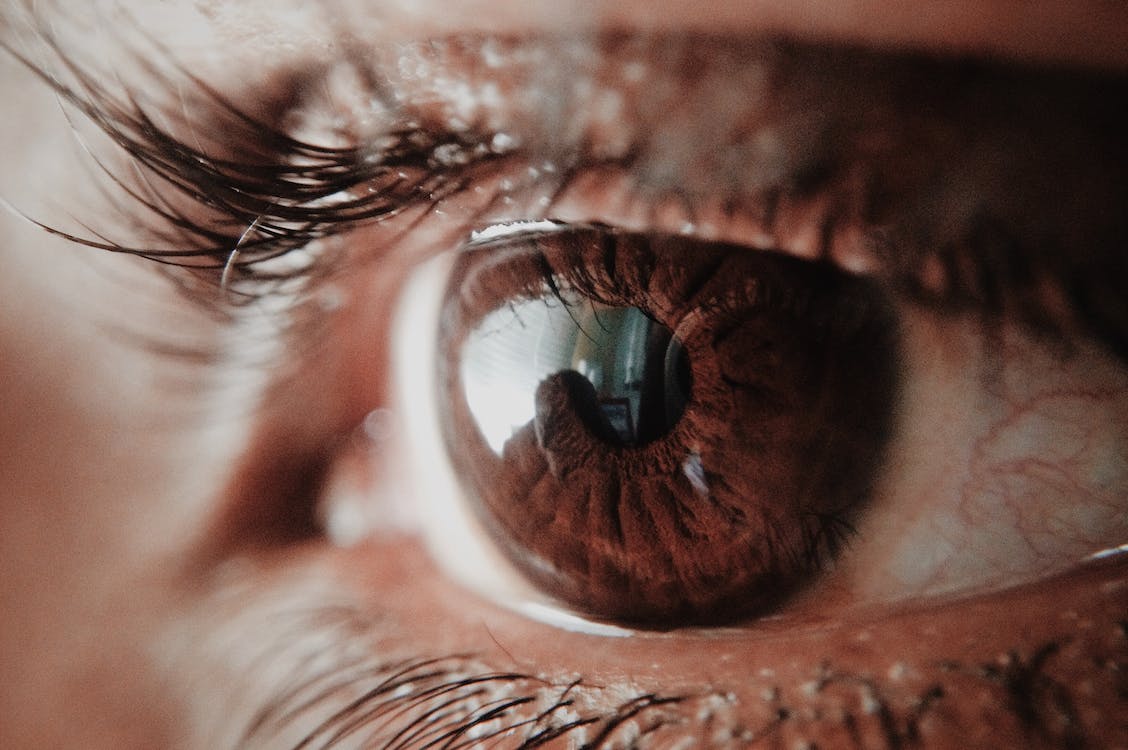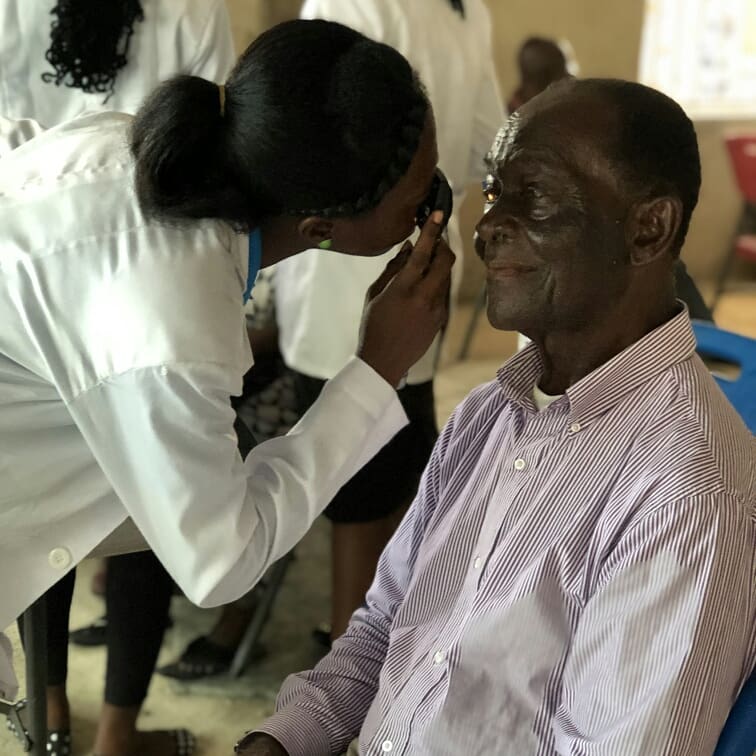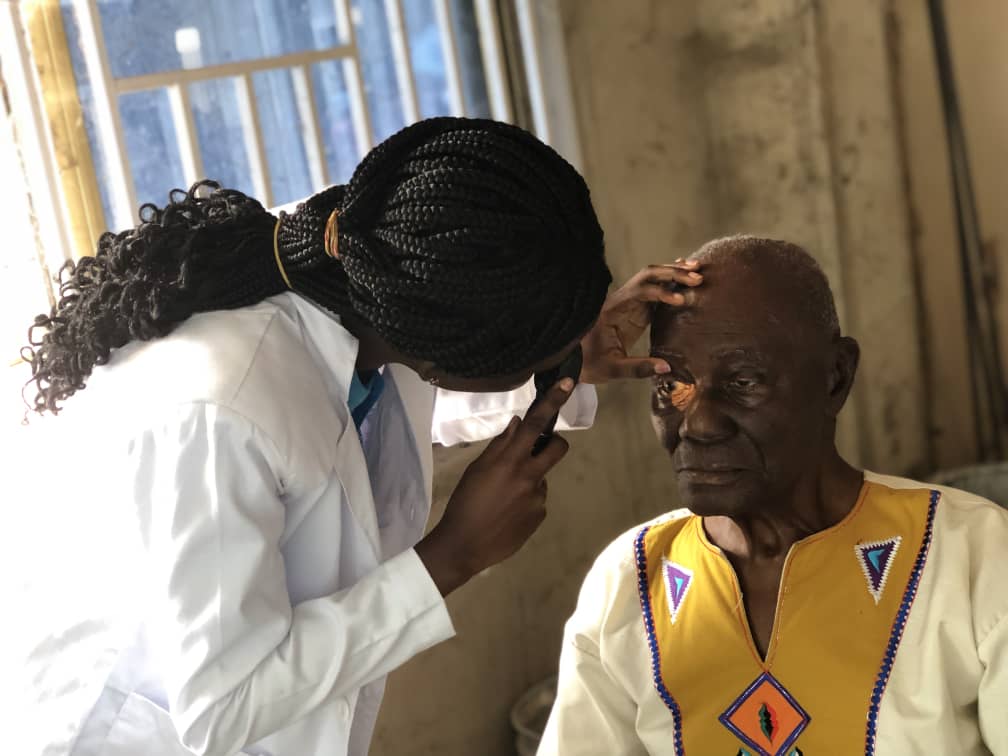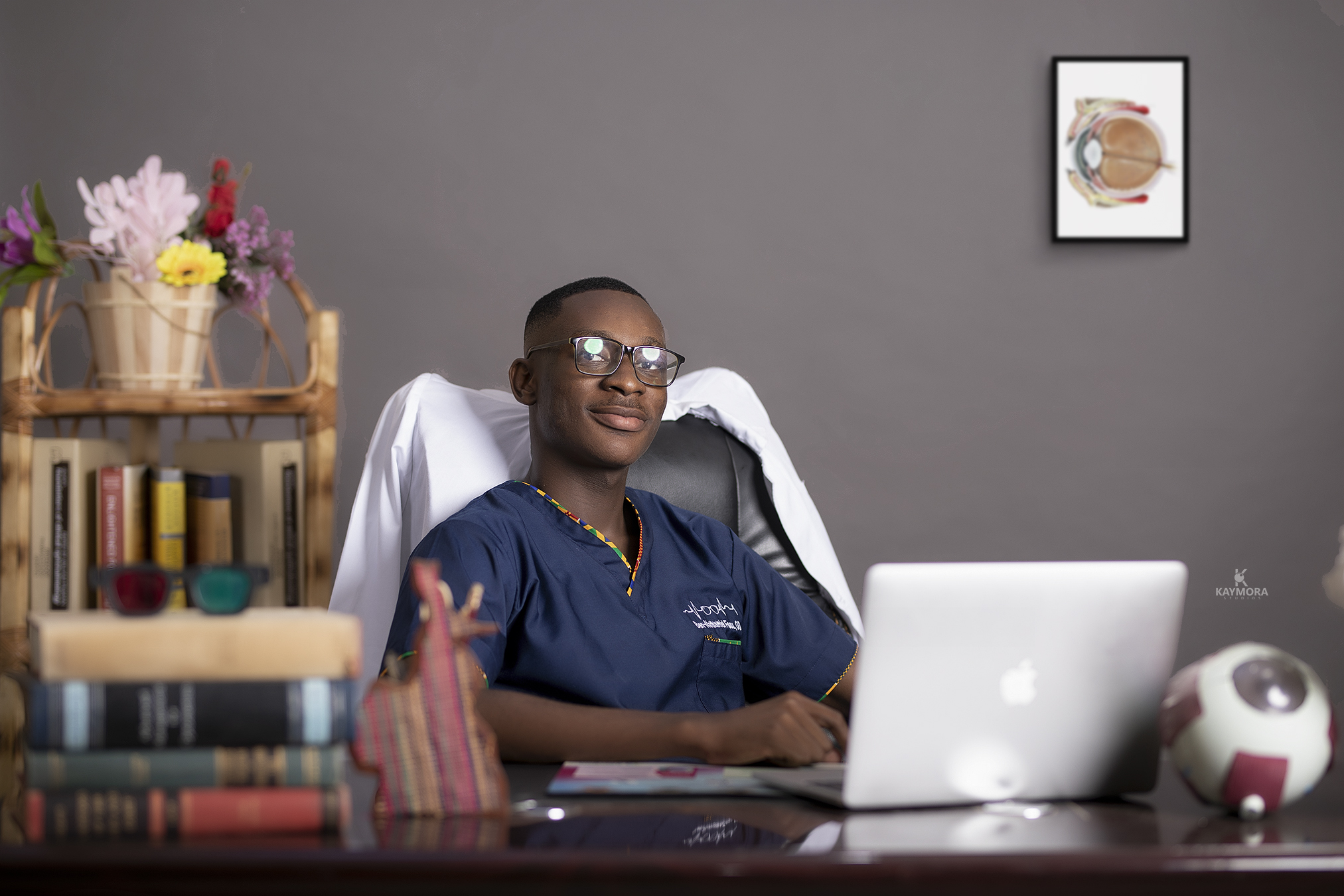The Macula and the Retina
Hi guys,
How are we all doing, hope the new year is going well with us and we are settling in quite well. The weather at this time of the year tends to be harsh in many parts of the world and if your world or geographical location tends to be one of them, just want to say you will be fine.

So you know me, I love to talk health, and even more than that I love to talk about the eye and its intricacies. Today I want us to do some anatomy and physiology, we are just going to learn about a part of the eye today, an exciting part and I hope that you are intrigued enough to stay with me.
The Macula and the Retina
So the eye is a beautiful organ and one of the most important in the body because without it life is full of darkness, and while it is not an organ that could normally result in your death, life loses a lot of the life in itself if one loses the eye.
Now in our vision or our seeing a lot of things come into play, one such is the part of the eye referred to as the retina. This is where vision starts to take place when it comes to anatomy and physiology. As soon as light enters the eye and hits the retina, the process of seeing starts, light undergoes a process known as phototransduction where light energy becomes electricity.

This transduction process has to go through the 10 layers of the retina to now form the optic nerve which is the second of the 12 cranial nerves before it goes to the brain for interpretation and visual perception. Now the various layers of the retina are not the only interesting thing about it, the retina obtains the majority of its nourishment from the choroid, the layer of tissue behind it, and the sensitivity of the work of the retina and its cells is such that when it is cut off from its supply of nourishment for just a little while, the cells could die off resulting in permanent loss of vision.
This is what I described in my previous post, the case report on retinal detachment. But there is another interesting aspect of the retina worth looking at, an area called the macula. Now the macular is very very important in our seeing, why? Because it is responsible for what we call central vision when we are focusing directly on our object to see it, it is macular that is at play, and due to the vital role it plays in the visual process, it is avascular.
This is why you do not see perhaps blood flowing in your vision as you look at someone or strands of vessels or any other weird stuff, anything affecting the state or nature of the macula has direct and mostly dire implications on our vision. And so in conditions like a macula hole, there is much that can be done, one's vision would be very bad and very low, and in situations where the macular swells your vision would reduced drastically within the shortest possible time of this incident, this is seen in situations like diabetic retinopathy in its advance stages.

There are also age-related changes like AMD and age-related Macula Degeneration where our vision becomes distorted, maybe we can use the term warped to aid understanding, and in all these cases as I mentioned, not much can be done for the individuals, in some cases surgical intervention could make things a little better but hardly a restoration of vision or complete vision.
Here is another interesting thing to know about the retina, it works in an inverse way to the brain, and so when the upper part of your retina is responsible for you seeing things in your lower field of view while the lower part of the retinal is responsible for you seeing thing in the upper part of your field of view. Interesting right? And so this information travels like that to the brain and it's mapped inversely while the brain gets it in its own way, unwrapping things and helping us appreciate things as they are or ought to be erect and beautiful, perhaps.
Conclusion
.jpg)
Yeah, yeah, I know you are not eye care professionals and someone would probably say I don't need to know about this, my doctor would take care of me, but tell me, don't it feel good that you know something interesting about your eye that you could perhaps indulge your Optometrist on your next appointment.
Knowledge is power, and here, it is fun as well as free, take it, and while doing so apply it to your life, protect your sight, protect your vision, live a good and healthy life, and when in doubt always speak to the right people, the professionals and please do not self medicate without proper care and diagnosis. As always, it is a pleasure serving you, and thanks for reading and for your time.
Further Reading
Boll F. On the anatomy and physiology of the retina. Vision Res. 1977;17(11-12):1249-65. English, German. doi: 10.1016/0042-6989(77)90112-2. PMID: 345608..
Bessière E. La macula [The macula]. Arch Ophtalmol Rev Gen Ophtalmol. 1967 Jan-Feb;27(1):79-85. French. PMID: 4227561..
Miller NR. The optic nerve. Curr Opin Neurol. 1996 Feb;9(1):5-15. doi: 10.1097/00019052-199602000-00003. PMID: 8722657..
Gerster H. Review: antioxidant protection of the aging macula. Age Ageing. 1991 Jan;20(1):60-9. doi: 10.1093/ageing/20.1.60. PMID: 2028852..
Important to look after your macula as you get older, lots of coloured vegetables, beta carotene etc, there are also supplements specifically for Macular health.
There may be some wisdom in that old wives tale that carrots are good for your eyesight !!!
Carrots are indeed good for your eyesight, you couldn't have said it any better, thanks for your time
Thanks for your contribution to the STEMsocial community. Feel free to join us on discord to get to know the rest of us!
Please consider delegating to the @stemsocial account (85% of the curation rewards are returned).
You may also include @stemsocial as a beneficiary of the rewards of this post to get a stronger support.
This has been very much educative. I enjoyed reading this post
!PIZZA !LUV
nattybongo, kilvnrex sent you LUV. 🙂 (1/1) tools | trade | connect | daily
Made with LUV by crrdlx.
$PIZZA slices delivered:
@kilvnrex(1/5) tipped @nattybongo